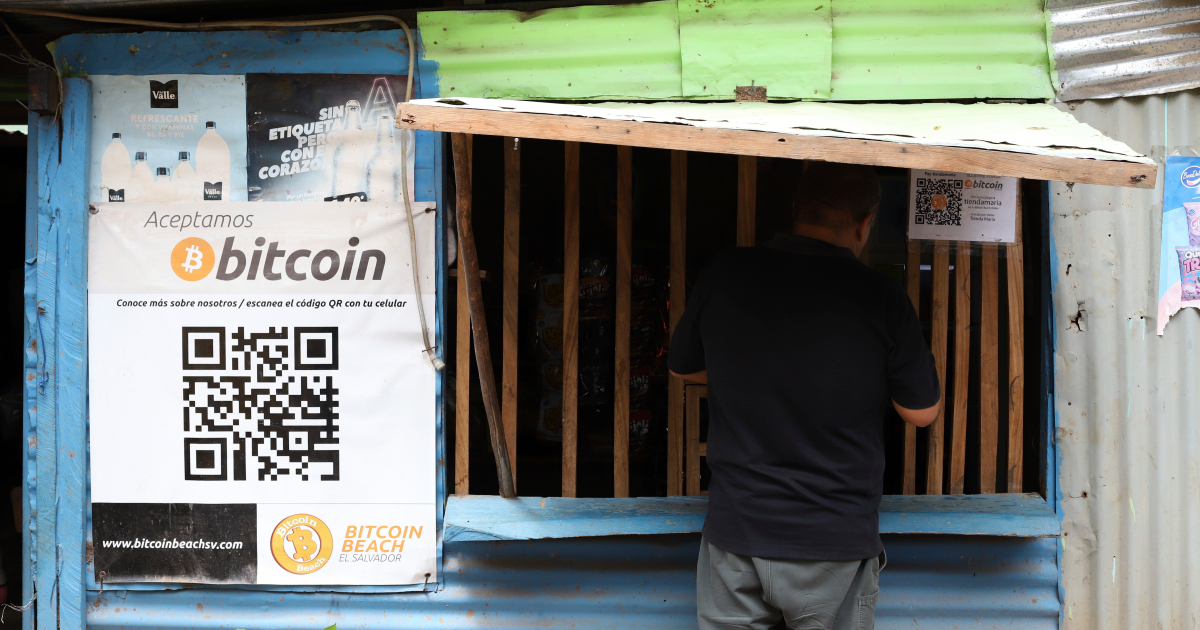Yet for one small Salvadoran beach town, crypto is already part of daily life.
Bukele, who was elected in 2019 from the centre-right Grand Alliance for National Unity party, has since festooned his Twitter account in crypto branding.
El Zonte’s early adopters share his excitement.
Ahead of a meeting between the International Monetary Fund and Bukele on Thursday, the organisation’s spokesperson said the adoption of Bitcoin “raises a number of macroeconomic, financial and legal issues that require very careful analysis”.
Others have questioned Bukele’s timing: the announcement came the same week that US Vice President Kamala Harris was visiting other countries in the region, but not El Salvador.
More recently, US-Salvadoran relations have cooled since the US criticised Bukele’s move to dismiss Supreme Court judges and the country’s attorney general as a power grab.
Previously, he tweeted his thanks to “President Xi Jinping and the people of the People’s Republic of China” after receiving millions of doses of the country’s COVID-19 vaccines.
Yet because El Salvador uses the dollar as its currency, its monetary policy is wedded to the US’s even as relations falter.
Nearly a third of the country lives on $5.50 per day or less, according to the World Bank, and 8.5 percent live in extreme poverty, or on less than $3.20 per day.
And the swings have been boom and bust this year.
But Bitcoin proponents still see an upside for developing nations forced to live in a global financial system dominated by big banks.
Remittances make up 23 percent of El Salvador’s gross domestic product, and about 360,000 households rely on them, according to the country’s central bank.
From there, Bitcoin Beach helped educate the community about how to use it in daily life, creating its own lightning wallet people use on their mobile phones.
